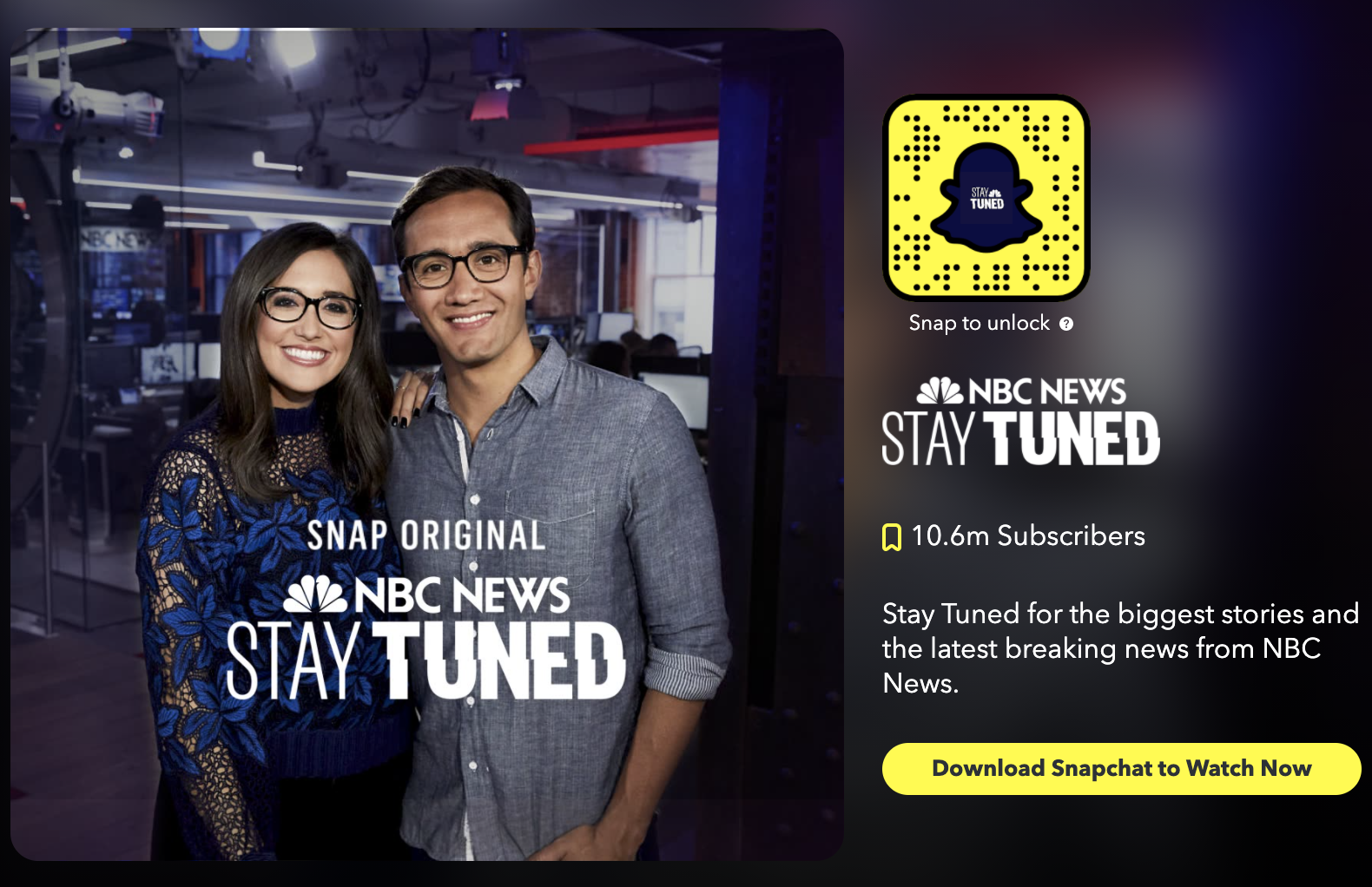How college students learned new ways to cheat during Covid
Boston University courtyard outside of the College of Communication at Boston University in Boston on Sept. 23, 2020. BU was among schools that says it investigated academic misconduct linked to remote learning during Covid.
Boston Globe | Boston Globe | Getty Images
Flying drones, sticky notes on dogs, and virtual group chats.
Amid the pandemic shift to remote school, age-old copying is out, and these are some of the tricks students are using to cheat their way to “As” at colleges across the globe. The rise in cheating is forcing colleges and universities to adapt to the unintended consequence of students living and learning from the comfort of their homes.
A recent study led by Thomas Lancaster, a senior teaching fellow at the Imperial College London, found that the number of questions and answers posted on Chegg‘s homework help section for five STEM subjects between April and August 2020 was up over 196% from the same time period in 2019. The study ruled that the increase correlated with the shift to online school and indicates students are using the tool in ways “not considered permissible by universities.”
While websites like Chegg and Course Hero aren’t designed for cheating — they’re marketed as a place for students to get help — they do offer a platform for it, experts say.
Texas A&M reportedly found more than 800 cases of academic fraud after a faculty member noticed students were finishing complex exams in less than a minute, with some of the information coming from Chegg, a university official told the NBC News Stay Tuned Snapchat channel. Boston University also reportedly investigated students inappropriately using the site, among other resources, to cheat, several news sites reported. A spokesperson from BU confirmed in an email that they investigated a misconduct case last spring.
Chegg says they are committed to working with faculty and institutions in cases of academic dishonesty and recently launched a program called Honor Shield, which they hope will curb the “small minority of users who seek to misuse” the platform, a spokesperson for the company said in an email statement.
Course Hero, a platform where students and faculty can upload or share study resources, will remove content considered plagiarized or copyright infringement, says Andrew Grauer, the company’s CEO and co-founder. Their database is readily available for schools investigating incidents, he added.
Giving up on learning
When it comes to cheating, many students say they’re just looking to get by and pass the course. Many students say the shift to online education has drastically affected their ability to learn and retain information, and they only intend to cheat in the short-term.
Many also say asking questions during exams is difficult without the in-person experience. Students can ask questions via email or attend office hours, but many miss the ease of raising a hand and getting a question answered in real time.
Some students, including University of Missouri freshman Andrew Labit, are struggling to learn in this new environment. He says he will take a hit to grades, if it is during a period of time when he feels that he is learning, but for now he has adopted a get-the-answer, pass-the-class and move on mentality.
“Unlike in-person work where you have to show your work, where you actually learn something, online is just ‘get to the answer, that’s all we want,'” Labit told NBC’s Stay Tuned. “And that’s a lot of where our mentality went to, which was just trying to get the right answer.”
Some students say they cheat because they think their professors don’t care. Labit suspects many are also oblivious to the ways students cheat.
Occasionally professors take action or acknowledge the cheating. In one of Simeon Charles’ courses, a professor openly acknowledged that many students used similar wording on a short answer question. Given the sheer number of students involved, he was reluctant to take action. Many students like Charles readily use Chegg to source answers. On the off chance the website is wrong, they notify the class through group chats and messaging apps.
“So, I do feel morally conflicted,” Charles, a Canada-based student told Stay Tuned. “However, I am at the point where I’m like, if I’m paying you thousands of dollars for an education and you’re not doing your job, then I don’t have to do mine either.”
Tracking student activity online
Many education platforms allow professors to check when students switch between tabs during an exam, while companies like Honorlock, Respondus and ProctorU have emerged offering lockdown browsers that prevent users from opening additional tabs, or live and automated proctoring options which monitor students from afar.
Respondus said in an email statement that the universities that began using the company’s proctoring system “more than doubled” since the pandemic began and about 600 of the roughly 1,500 institutions using the lockdown browser licensed the monitoring…
Read More: How college students learned new ways to cheat during Covid


